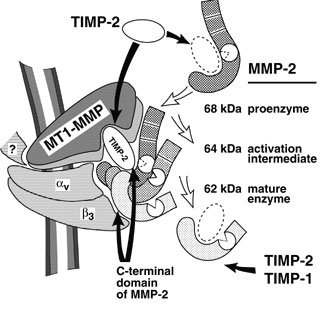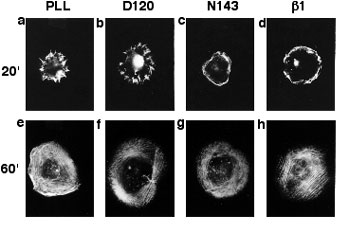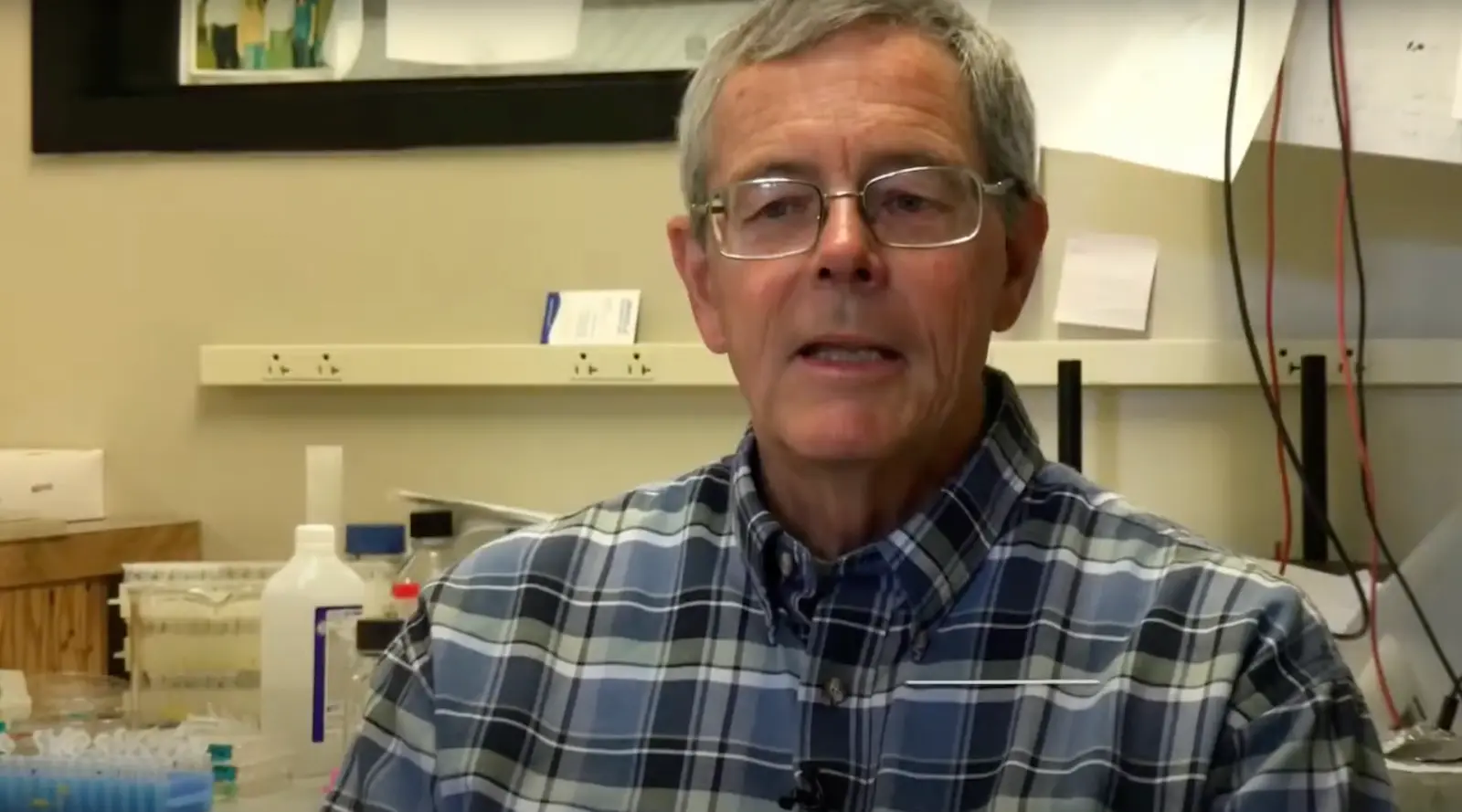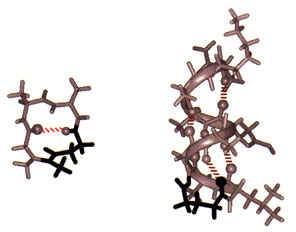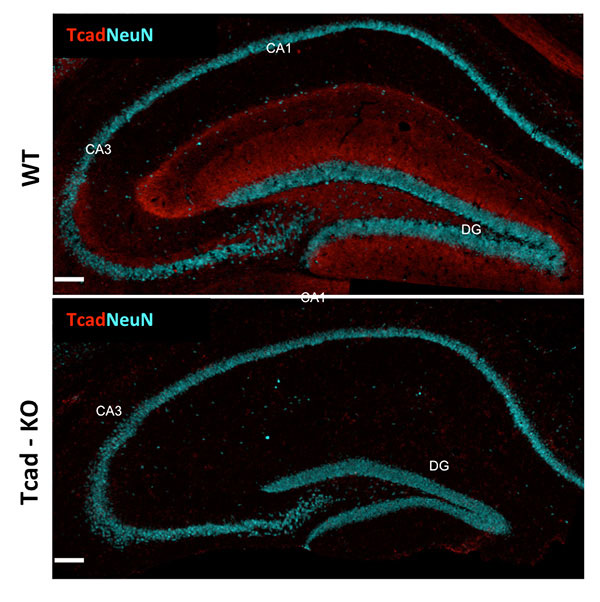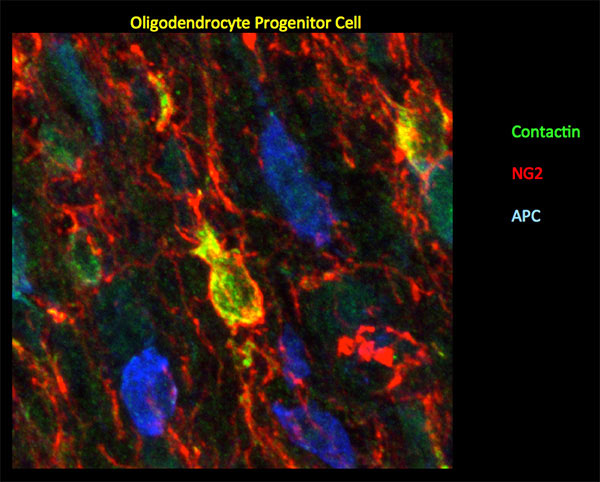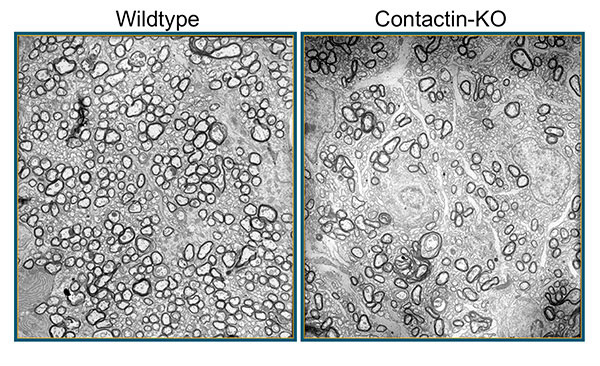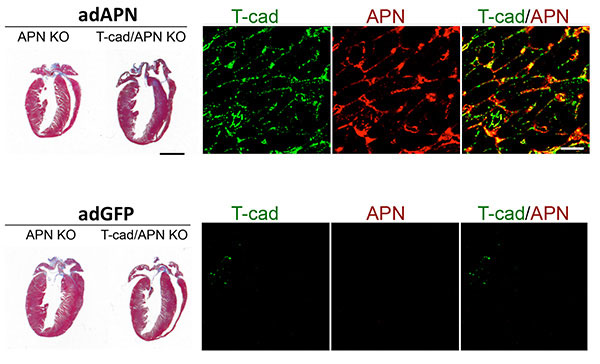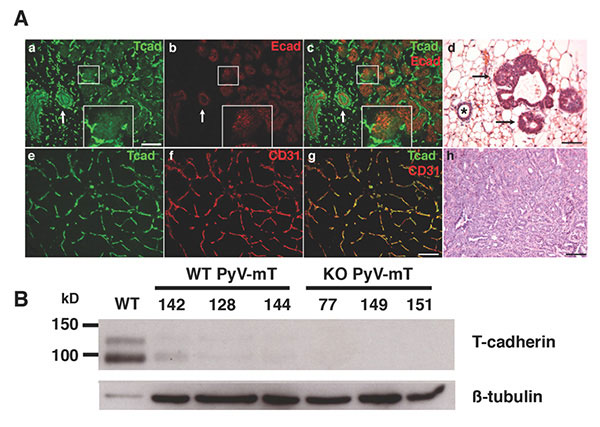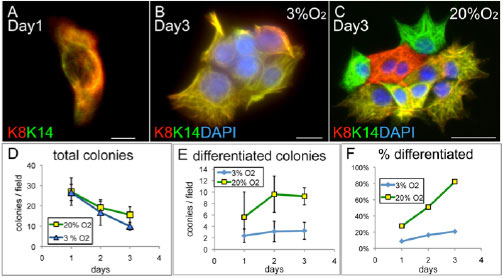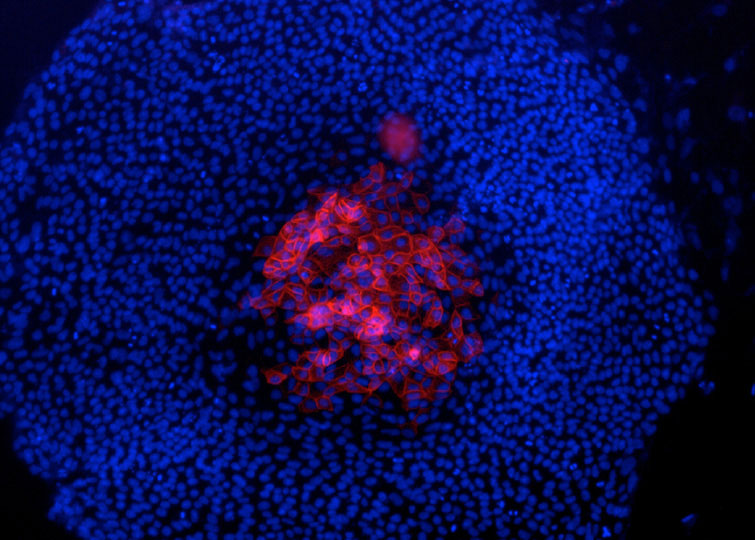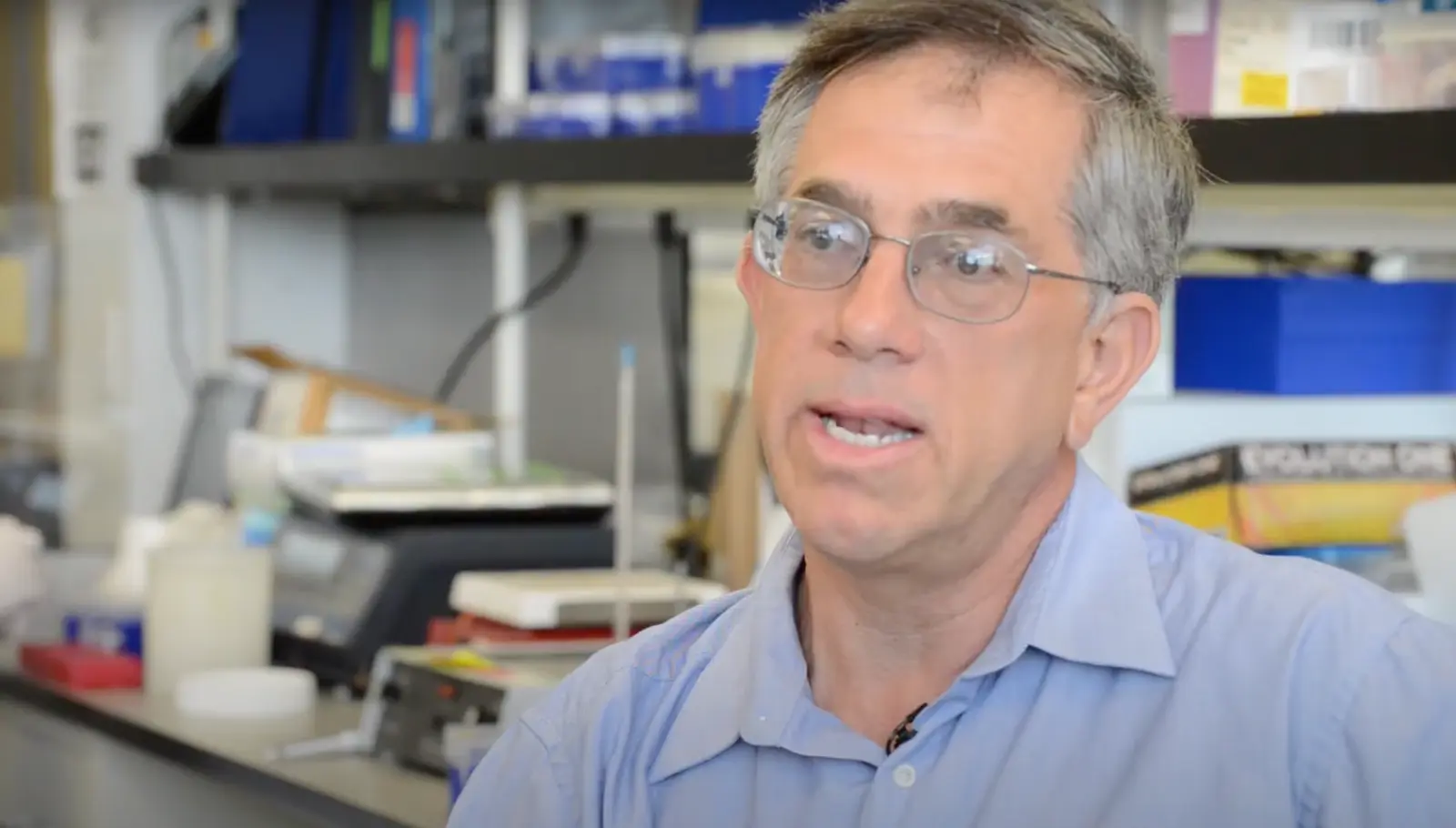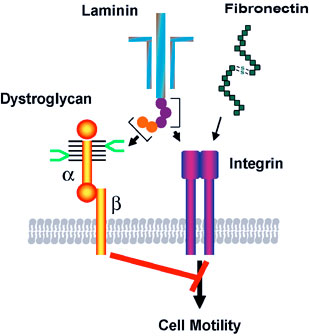Alexander Strongin earned his PhD from Moscow State University in Russia in 1972 and his D.Sci. degree from the Institute of Microbial Genetics in Moscow in 1983. From 1982 to 1988, Dr. Strongin was head of the Laboratory of Functional Enzymology at the Institute of Genetics of Microorganisms in Moscow. He served as head of the Department of Biotechnology and Laboratory of Protein Engineering, Institute of Molecular Genetics, Russian Academy of Sciences, Moscow, from 1988 to 1990. From 1990 to 1994, he was a visiting professor of biochemistry in the Division of Dermatology at Washington University School of Medicine, St. Louis, Missouri. Dr. Strongin has worked in the La Jolla area since 1994, as senior staff scientist in the Biology Division at General Atomics, 1994-1995, and as senior staff scientist at the La Jolla Institute for Experimental Medicine, 1995-1999. Dr. Strongin joined Sanford Burnham Prebys on September 1, 1999.
Faculty Type: Emeritus Faculty
William Stallcup earned his PhD in biochemistry from the University of California at Berkeley in 1972. He did postdoctoral work at the Salk Institute, where he was appointed Assistant Professor in 1976. Dr. Stallcup was recruited to Sanford Burnham Prebys in 1984.
Arnold C. Satterthwait earned his PhD In Biochemistry with William Jencks from Brandeis University in 1973. He carried out postdoctoral research in Chemistry at Harvard University with Frank Westheimer, Imperial College with Alan Fersht and MIT with the Nobel laureate Gobind Khorana. In 1984, he joined The Scripps Research Institute in La Jolla, CA as an Assistant Professor. He moved to Sanford Burnham Prebys in 1998.
Guy Salvesen earned his PhD in biochemistry from Cambridge University in 1980. He conducted postdoctoral research at Strangeways Laboratory and MRC Laboratory of Molecular Biology in Cambridge, followed by further post-doctoral training at the University of Georgia. In 1991 he was appointed Assistant Professor at Duke University. Dr. Salvesen was recruited to Sanford-Burnham Medical Research Institute in 1996, where he is professor and director of the Apoptosis and Cell Death Research Program and dean of the Graduate School of Biomedical Sciences. He also holds an adjunct position as professor in the Department of Pathology at the University of California, San Diego.
Education
1981: PhD, Cambridge University, England, Biology
1977: B. Sc., London University, London, England, Microbiology
Other Appointments
Adjunct Professor, Department of Pathology, University of California, San Diego
Honors and Recognition
2014: Organizer, Keystone Meeting on Cell Death, February
2013: IUBMB Gold Medal Recipient, October
2010: Keynote Speaker, European Cell Death Organization Conference,
2010: Keynote Speaker, Gordon Research Conference on Cell Death
2009: Lifetime Achievement Award of the International Proteolysis Society
2008: Keynote Speaker, Queenstown Molecular Biology Conference
2008: Chair, Gordon Research Conference on Cell Death
2005: Helmut Holzer Memorial Prize
1999: International Proteolysis Society, Elected Secretary
1999: Keynote Speaker, Gordon Research Conference on Matrix Metalloproteinases
1988: American Association for the Study of Liver Diseases, State of the Art Lecture
1996: Chair, Gordon Research Conference on Proteolytic Enzymes and Their Inhibitors
Erkki Ruoslahti earned his MD and PhD from the University of Helsinki in Finland in 1967. After postdoctoral training at the California Institute of Technology, he held various academic appointments with the University of Helsinki and the University of Turku in Finland and City of Hope National Medical Center in Duarte, California. He joined Sanford Burnham Prebys in 1979 and served as its President from 1989-2002. He was a Distinguished Professor at University of California Santa Barbara in Biological Sciences 2005-2015. His honors include elected membership to the U.S. National Academy of Sciences, National Academy of Medicine, American Academy of Arts and Sciences, and the European Molecular Biology Organization, the Japan Prize, Gairdner Foundation International Award, G.H.A. Clowes Award, Robert J. and Claire Pasarow Foundation Award, and Jacobaeus International Prize. He was a Nobel Fellow at the Karolinska Institute in Stockholm in 1995, and is an Honorary Doctor of Medicine from the University of Lund, as well as a Knight and Commander of the Orders of the White Rose the the Lion of Finland. In 2022, Dr. Ruoslahti was announced as one of three winners of the Albert Lasker Basic Medical Research Award.
Education
1966: MD, University of Helsinki in Finland
1967: PhD, University of Helsinki in Finland
Awards and Honors
2022: Albert Lasker Award for Basic Medical Research
Commander of the Order of the Lion of Finland
Knight of the Order of the White Rose of Finland
2012: Thomson Reuters Citation Laureate
2005: Japan Prize in Cell Biology
2003: Jubilee Lecturer, Biochemical Society
1998: Jacobaeus International Prize
1997: Gairdner Foundation International Award
1995: Nobel Fellow at the Karolinska Institutet in Stockholm
1991: Honorary doctorate in medicine from Lund University, Sweden
1990: American Association for Cancer Research – G.H.A. Clowes Memorial Award
Member
National Academy of Sciences
National Academy of Medicine
American Academy of Arts and Sciences
European Molecular Biology Organization
Barbara Ranscht earned her PhD in Cell Biology/Developmental Neurobiology from the University of Tübingen, Germany in 1981. Her postdoctoral training was at King’s College in London, U.K., and the Massachusetts Institute of Technology in Cambridge, Massachusetts. Dr. Ranscht joined Sanford Burnham Prebys in 1987, and holds an adjunct professorship in the Department of Neurosciences at University of California, San Diego. From 1989 to 1992, Dr. Ranscht was the recipient of a McKnight Scholarship.
Education
1981: PhD, University of Tübingen, Germany Neurobiology
Manuel Perucho earned his PhD in biological sciences at the University of Madrid, Spain in 1976. He did postdoctoral work at the Max-Planck-Institut für Molekulare Genetik, Berlin and at Cold Spring Harbor Laboratory, where he was subsequently appointed to staff in 1981. Following appointments at SUNY Stony Brook as Assistant and Associate Professor in 1982 and 1987, respectively, Dr. Perucho joined the California Institute for Biological Research in La Jolla, serving as Research Program Director from 1993 to 1995. Dr. Perucho was recruited to Sanford Burnham Prebys in 1995.
Other Appointments
Adjunct Professor, Pathology Department, University of California, San Diego
Robert Oshima graduated from the University of California Santa Barbara in Cellular Biology. He earned his PhD from the University of California at San Diego in 1973 with Paul Price. He joined Dr. Jerry Schneider’s laboratory in the UCSD Medical School to work on the biochemistry of cystinosis, a genetic lysosomal storage disease. During that time, he contributed to the development of a treatment that extends the life of patients greatly.
He acquired expertise in developmental biology and stem cells in the laboratories of Drs. Boris Ephrussi and Mary Weiss at the Centre National Recherche Scientifique, Gif-sur-Yvette, France in 1975. He continued those studies upon returning to UCSD and then moved to MIT in 1979 where he purified two markers of mouse stem cell differentiation that are widely used in the cancer pathology and developmental studies.
He joined the Sanford Burnham Prebys (formerly known as the La Jolla Cancer Research Foundation) in 1982 where he acted as Associate Scientific Director, a Program Director in the NCI designated Cancer Center, Postdoctoral Training Program Director, started the Tumor Analysis Shared Service and directed research on stem cells and cancer that resulted in over 100 publications. He also served as a reviewer for multiple cancer research granting agencies and taught at UC San Diego as an Adjunct Professor of Pathology from 1997.
He is currently Professor Emeritus (2015) and continues to advise and consult in cancer research. His particular cancer research interest is in methods of directing premalignant cancer cells to adopt a normal benign cell fate instead of becoming invasive malignant cancer.
Dr. Levine is Emeritus Professor at Sanford Burnham Prebys. Prior to that, he was a Professor in the Department of Pediatrics at the University of California, San Diego School of Medicine, where he continues to see children with inherited metabolic diseases. Dr. Levine received his undergraduate degree in biochemistry from Harvard and his MD and PhD degree in genetics from the University of Washington. His clinical training as a pediatric geneticist was at the Children’s Hospital of Philadelphia. Dr. Levine has been working in the field of cell transplantation therapies for diabetes and b-cell biology for more than fifteen years. His laboratory was the first to develop immortalized cell lines from the human endocrine pancreas as models of beta-cell growth and differentiation. He has made insights into cellular senescence in the endocrine pancreas, finding that b-cells undergo rapid senescence when stimulated to proliferate. Most recently, he and his co-workers demonstrated the existence of endocrine stem cells in the adult human pancreas. The laboratory continues to pursue the development of cell therapies for diabetes using a variety of approaches, including high throughput screening.
Education
1979-86: PhD, University of Washington (Genetics)
1979-86: MD, University of Washington
1975-79: A.B., Harvard University (Biochemistry)
Postgraduate Training
1989-91: Genetics Fellow, Dept. of Pediatrics, UCSD School of Medicine
1988-89: Clinical Genetics Fellow, Children’s Hosp. of Philadelphia
1987-89: Pediatric Resident, Children’s Hosp. of Philadelphia
1986-87: Pediatric Intern, Children’s Hosp. of Philadelphia
Other Appointments
Health Sciences Clinical Professor of Pediatrics, UCSD School of Medicine
Attending Physician, Rady Children’s Hospital
Minoru Fukuda earned his PhD in biochemistry from the University of Tokyo in 1973 and did his postdoctoral training at the Yale University School of Medicine. Following a period with joint appointments at University of Washington and Fred Hutchinson Cancer Research Center in Seattle, he was recruited to Sanford-Burnham Medical Research Institute in 1982 as Director of the Glycobiology Program. Dr. Fukuda directs the program project grant, which consolidates the research efforts of the members of the Glycobiology Program.
Dr. Fukuda is a recipient of a Merit Award from the National Cancer Institute and the 1997 recipient of the Karl Meyer Award from the Society of Glycobiology. He served as an Executive Editor for Biochimica et Biophysica Acta, as an Associate Editor for Cancer Research and Editorial Member for Journal of Biological Chemistry. He also has edited 11 books including three books from Oxford University Press and three volumes of Methods in Enzymology and holds an Adjunct Professor appointment at the University of California, San Diego.
Education
1973: PhD, University of Tokyo, Biochemistry
1970: MS, University of Tokyo, Biochemistry
1968: BS, University of Tokyo, Biochemistry
